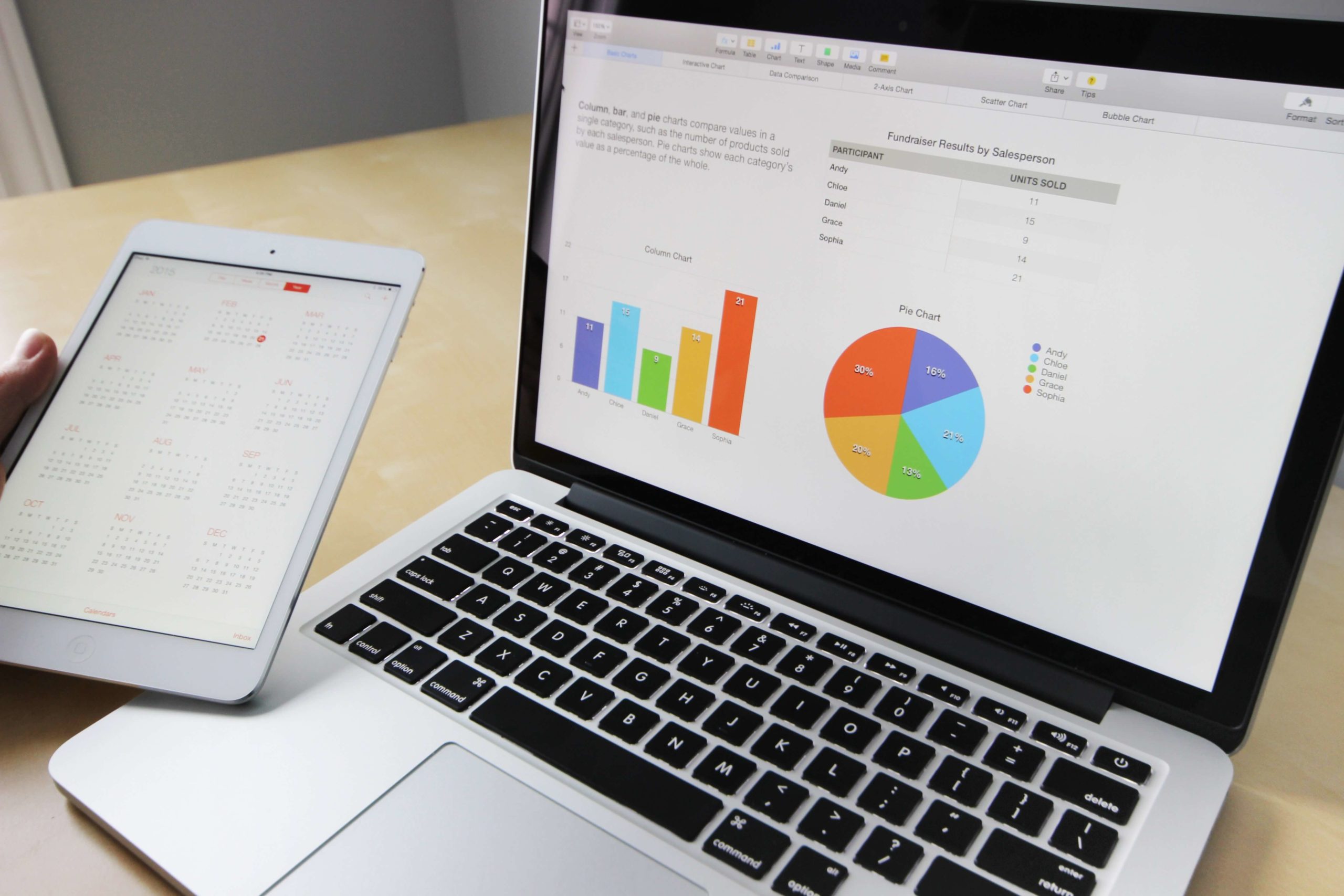Data science is an umbrella concept that covers data analytics, data mining, AI, machine learning, deep learning, and several other related fields. Data scientists are those professionals who gain understanding and make conclusions from data. Ultimately, a data scientist is responsible for jobs that span three areas of skills for data scientists: statistical reasoning, business communication, and programming.
A data scientist is well-rounded enough in specific skills to be effective in their job. It is the combination of broad—not expert—knowledge and skills in these areas that makes a data scientist. Let’s take a look at what the skills needed for data science are and how they are leveraged in this field.
Statistics

Statistics are used to visualize features, data preprocessing and imputation, model evaluation, and anything related. This essential data science skill enables understanding the relationships between two variables, discovering anomalies in data sets, and predicting future trends based on historical data.
Having knowledge of descriptive statistics like mean, median, mode, variance, and standard deviation, is imperative. A good data scientist must understand the statistics within the methods and the proper data preparation techniques to choose the suitable algorithm for the job to optimize any model’s overall efficiency.
Programming knowledge

You can manipulate data and apply algorithms to create meaningful insights by using programming languages. When it comes to programming for data science, Python is one of the most common languages used. In addition to Python, R is a standard programming language that data scientists should be familiar with. The appropriate programming language that a data scientist should practice depends on the industry and company.
Data Manipulation and Analysis

Almost everything in data science is built on the basis of data manipulation. It is the step in which you clean the data and transform it into a format that can be better analyzed in the following stages. Techniques used for data manipulation are missing value imputation, outlier treatment, correcting data types, scaling, and transformation.
Data analysis itself is a specific skill that should be mastered. It refers to the process of converting a business question or need into a data question. To get an answer to that question, data scientists need to convert and analyze data. Data exploration is another type of data analysis, which involves searching for interesting patterns or relationships in data that may be useful to a company.
Data Visualization & Storytelling

A data scientist needs to present data in an understandable way that is pleasing to the eye. Since many people cannot gain useful insight from looking at a spreadsheet, data visualizations make trends and patterns easier to understand.
Data visualization is an essential part of the data lifecycle and one of the skills that data scientists must learn in order to interact with clients or their seniors more effectively. Tableau, Kibana, Google Charts, and Datawrapper are a few visualization tools to learn.
Communication Skills

Effective communication is a skill that is needed in almost every career. In the case of data science, it is vital to convey the analysis process and conclusions that led to a decision and illustrate what data-driven insights mean in business-relevant terms.
Data scientists need to be skilled at interpreting data and must clearly and fluently communicate data to people of different skill sets, including technical and non-technical audiences.
Machine Learning Algorithms & Deep Learning

Machine learning is a subset of AI that deals with data modeling. K-nearest neighbors, Random Forests, and Regression Models are some of the algorithms ML uses. Furthermore, Deep learning has raised the bar for conventional machine learning methods. Still, machine learning and deep learning are advanced subjects that you can study once you’ve mastered the fundamentals.
The higher the volume of the data a business handles, the more likely machine learning will become a part of its everyday operations. Once you understand how and when machine learning and artificial intelligence are suitable for the company, you will have the opportunity to exploit them. Using them will improve the value you provide as a data scientist and enable you to function more efficiently.
Data scientist skill sets equip these professionals with good cross-disciplinary knowledge to create valuable domain knowledge from the data. Data science is a constantly evolving field, and it is very important to keep updating your data science skills to become an expert in the domain. If you are someone who is interested in becoming a professional in this field, our Bachelor of Science in Data Science program can be the next step in achieving your goals.
